It all begins with an idea.
Great ideas, work, and stories delivered memorably are acts of generosity that can have immense impact on our communities, cities, and the world.
Filter by Tags
- Chicago 40
- Minneapolis 16
- Science 16
- Innovation 15
- Technology 13
- Community 12
- Equality 12
- Health 12
- Life 11
- Relationships 11
- Design 10
- Social Justice 9
- Youth 9
- Climate Change 8
- Mental Health 8
- Community Organizing 7
- Global Issues 7
- Psychology 7
- Sustainability 7
- The Arts 7
- Energy 6
- Personal Growth 6
- Urban Design 6
- Work 6
- Biotech 5
- Healing 5
- Transformation Stories 5
- Women 5
- AI 4
- Architecture 4
- Cities 4
- Communication 4
- Social Impact 4
- Violence Intervention 4
- WTTW 4
- Activism 3
- Brain 3
- Computing 3
- Humor 3
- Nanotechnology 3
- Quantum Physics 3
- Travel 3
- Accessibility 2
- Civic Design 2
- Climate Action 2
- Education 2
- Family 2
- Food 2
- Government 2
- Joy 2

How artists can protect their work from AI
We are what we do — our identities are the sum of our knowledge, experiences and actions. In a world rapidly filled with AI generators, what does it take to protect our identity, and those of the generations to come? Heather Zheng, co-director of the SANDLAB at UChicago, presents bold ideas that empower individuals to restore control over their identity by changing how they share data online. Together with her partner, Ben Zhao, the two UChicago professors and their team have released Glaze and Nightshade, tools that disrupt generative AI from training on and mimicking artists without their consent.

Building trust across America's divides
In this powerful talk, Meg Whitty shares lessons from childhood campaign trails in rural Iowa that shaped her career building coalitions for sustainable aviation fuel. Drawing from experience across agriculture, energy, and aviation sectors, she reveals how authentic trust unlocks solutions to seemingly impossible challenges. Whitty demonstrates how the same communities devastated by hospital closures and economic decline can lead the clean energy transition, creating jobs while solving aviation's 3% contribution to global emissions. The presentation examines specific techniques for bringing together competing interests around shared goals, challenging false choices between economy and environment. Her message resonates particularly with leaders seeking to bridge political and geographic divides.

Why politicians shouldn't appoint judges
Aziz Huq looks around the world to understand how democracy can corrode from within. Huq brings these lessons home to the United States when he asks how it is that courts have become so hostile to self-rule–and how we can use the Constitution to redeem our democracy.

How can we make better batteries?
Dr. Shirley Meng makes the case for hope by demonstrating some of the exciting technologies and new batteries her lab is developing that could close the energy storage gap we need to create a democratization of energy that also enables a fully renewable energy grid.

How sports can tackle the loneliness crisis
At a time when we’re at our most divided, maybe the surprising answer to bringing us all together can be found through sports. In the midst of a loneliness epidemic, AJ Maestas, the Founder of Navigate, explores his own relationship with sports and how it made him a part of something greater than he could have expected when he left Fairbanks, Alaska at age 18. Whether you love football (in the American or global sense), baseball, Taylor Swift, or even if you don’t consider yourself a sports or entertainment fan at all, this talk offers an emotional and engaging look at why the fans in your life act the way they do. Our fundamental need for belonging drives us to find community and shared passion for sports, music, or the many other reasons we gather.

Ending Global Hunger: Yes We Can.
Ertharin Cousin shares an idea about how we must invest resources, finances, and ourselves differently so that we can truly build resilient agricultural systems all over the world, especially in the face of climate change.

This Unlikely 1960s Space Tech Can Help Save the Bees
One of humanity’s best and hardest-working friends has existed with us for millions of years, so why is our friend suddenly facing the risk of death and what space-race technology can help prevent it? Highlighted by the U.S. Department of Energy, National Geographic, and Al Jazeera, Rob Davis reveals an unexpected and once-in-a-generation size opportunity to help our hardworking friends. Could a system that nourishes and enriches life on Earth also increase economic prosperity? This talk focuses on bees, pollinators, energy, sustainability, habitat, monarchs, solar, birds, solar farm, agriculture








